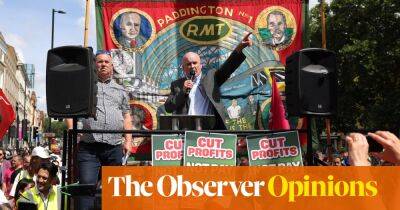Removal of mortgage stress test ‘will not result in free-for-all’
First-time buyers may get a boost from this week’s announcement that the Bank of England will no longer expect lenders to check if they can afford mortgage payments at higher interest rates – but experts do not expect it to lead to a mortgage free-for-all.
From 1 August, banks and building societies will no longer be required to stress-test a borrowers’ finances with the mortgage market affordability test when working out how much to lend.
The test meant checking that a borrower could still afford their loan at the end of any short-term special offer period in the event of rising interest rates. Lenders worked this out using the “revert to” rate – the standard variable rate or tracker rate that borrowers would move on to, plus three percentage points.
As an example, a borrower taking out a two-year fixed-rate mortgage at 2.2% with a revert to rate of 4% would need to show they could afford the monthly repayments on a rate of 7%.
The rules were introduced in the aftermath of the 2007-2008 financial crash, which followed years of unrestrained lending. In the early 2000s, mortgages were available at more than 100% of a property’s price, could be taken out easily on an interest-only basis and were often granted without any proof of income.
However, some within the industry had complained the affordability test was too onerous and prevented some borrowers, who could afford a mortgage, being given one.
Scrapping the test may help would-be buyers who have been refused mortgages that have lower repayments than the sum they pay in rent each month. A consultation by the Bank found that in order to qualify for home loans people were taking mortgages over longer terms, or on longer-term fixed-rates, which meant paying more overall.
“The
Read more on theguardian.com





















